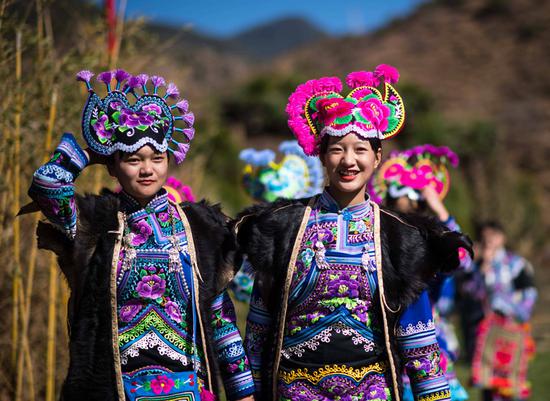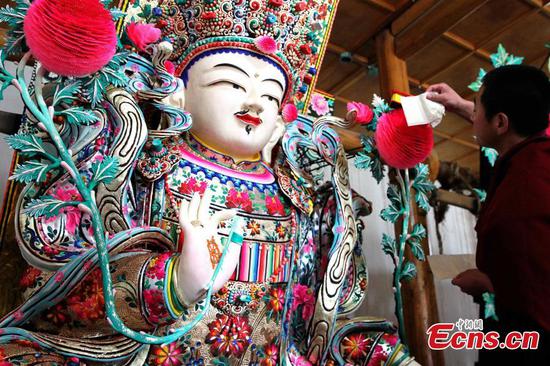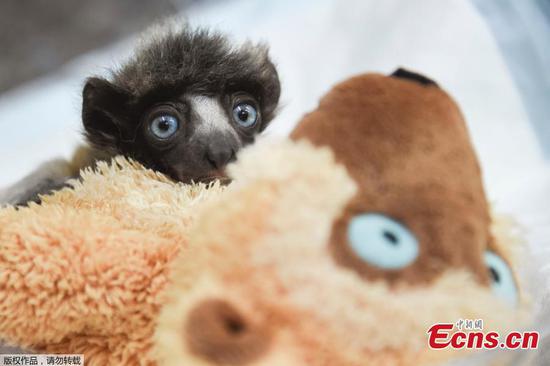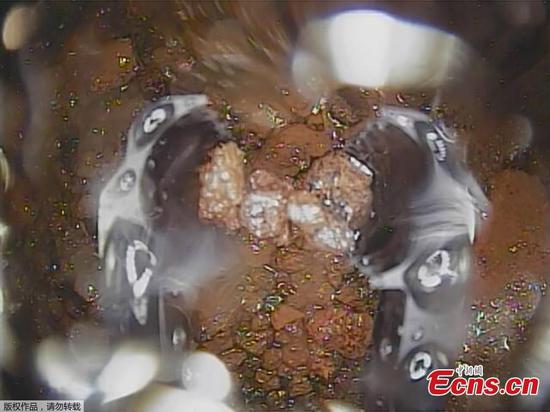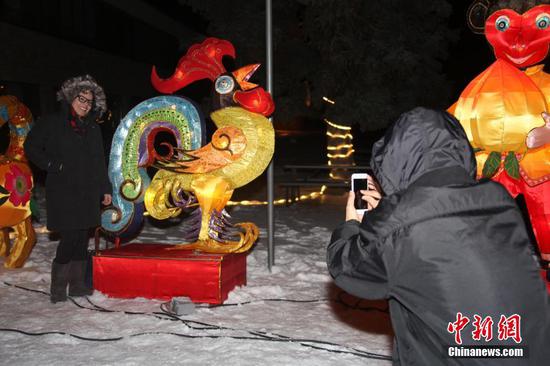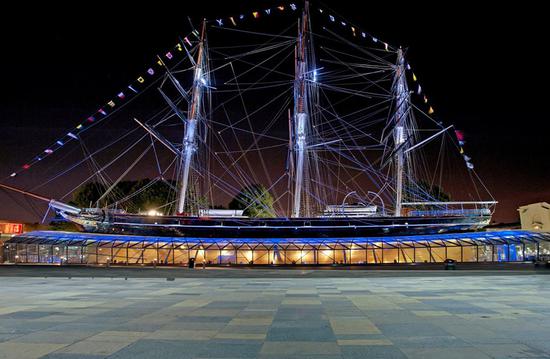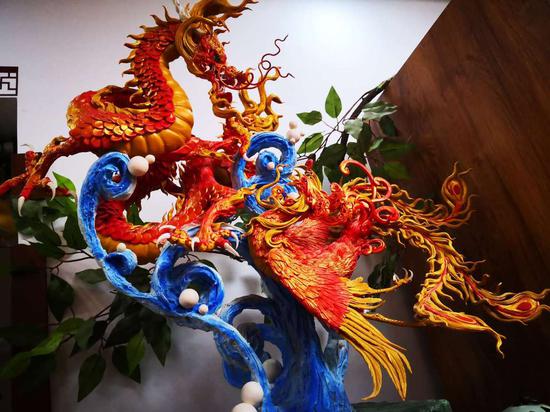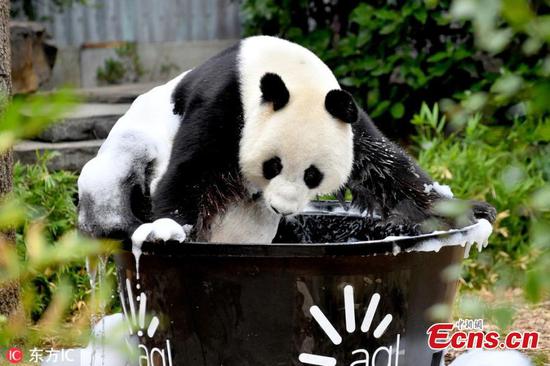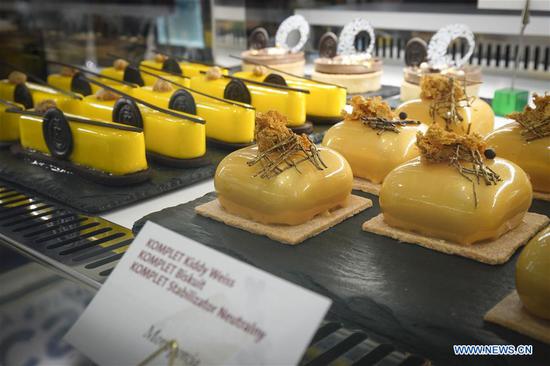
Experts called for further protection of harbor seals, after a poaching case came to light involving 100 wild seal cubs in northern China's Liaodong Bay last week.
Thirty-eight of the animals were confirmed dead as of Tuesday.
On Feb 11, police in Dalian, Liaoning province, found 100 stolen seal cubs, 29 of which had died. Another nine died the next week despite intensive care from a rescue team. The remaining 62 are now being looked after by a local animal protection institute.
"Poaching of harbor seals has become big in recent years," said Zhou Jinfeng, secretary-general of the China Biodiversity Conservation and Green Development Foundation, at a meeting in Beijing on Tuesday. Zhou called for supervisory departments to upgrade regulations to protect the animals.
Suspects in the case are residents who are believed to have sneaked into the breeding zone by boat, the Dalian police said.
Harbor seals are a Level 2 protected national rare species and the mascot of Liaoning.
Lu Zhichuang, a researcher at the Liaoning Ocean and Fisheries Science Research Institute, said poached harbor seals are usually sold to aquariums and restaurants that put the animal on display.
As aquariums mushroom across China, the demand for harbor seals is also rising.
Zhou suggested that the protection level for harbor seals be upgraded because the current rules have loopholes for aquariums and scenic spots to acquire seals with unverified origins.
Currently, only authorized artificially bred harbor seals, and wild ones no longer able to survive in the wild after being injured by poachers, are allowed to be exhibited in aquariums, Lu said.
Liaodong Bay is one of eight harbor seal reproduction areas in the world. The animals usually cross the Bohai Strait in November and enter Liaodong Bay in the Bohai Sea for reproduction. They typically stay until May.
In 2015, a similar poaching incident took place in the same area. Eleven cubs were found, one of them dead, along with the genital organs of adult seals. The poachers confessed that the parts were for making aphrodisiacs.
According to Tian Jiguang, director of an NGO in Liaoning dedicated to protecting marine life, some aquatic associations are sponsored by aquariums, which makes protection of the animals more challenging.
In September 2017, the Ministry of Agriculture and Rural Affairs launched an action plan to establish four to six rescue stations for harbor seals and marine animals along the coast of Liaoning, Shandong and Hebei provinces. The plan will be in place until 2026.
(Zhang Xiaomin contributed to this story.)









